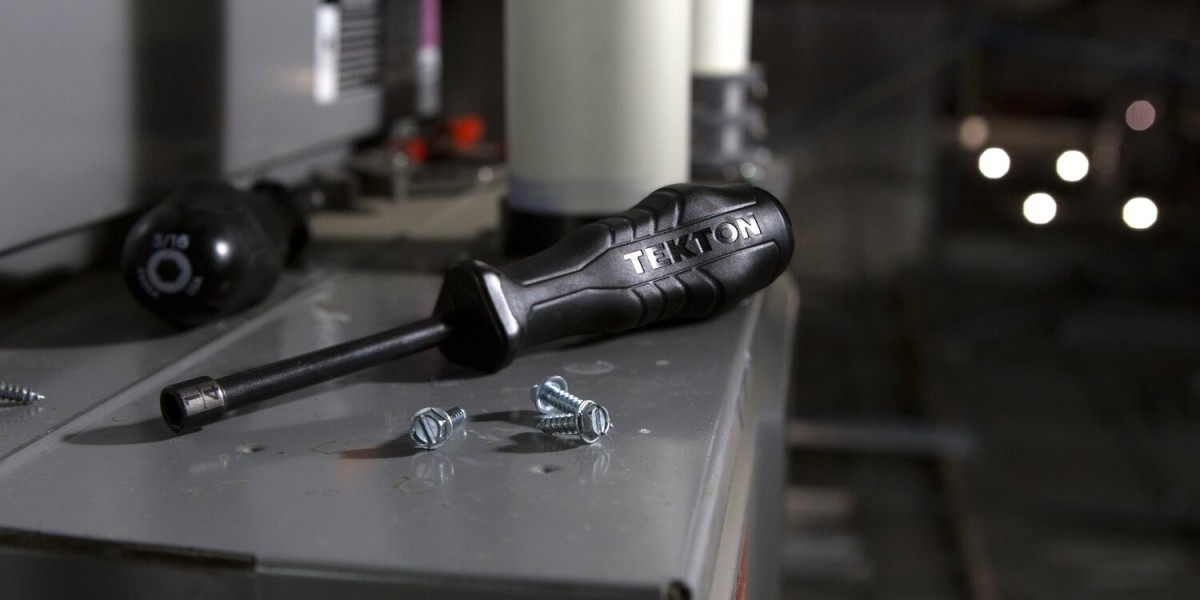A well-functioning heating system is essential for maintaining a comfortable home during the cold months. However, unexpected breakdowns and malfunctions can leave you in the cold when you need heat the most. That’s where Local heating emergency services come in. These services provide 24/7 emergency heating repairs, ensuring that your heating system is restored quickly and efficiently.
This guide will cover everything you need to know about local heating emergency services, including common heating issues, the benefits of emergency repairs, costs, and how to choose the best service provider in your area.
Why You Need Local Heating Emergency Services
1. Immediate Assistance
Heating emergencies don’t follow a schedule. Whether your heater stops working in the middle of the night or on a freezing weekend, emergency services ensure you get immediate help.
2. Prevents Health Risks
A broken heating system in extreme cold can lead to hypothermia, especially for children, the elderly, and those with health conditions.
Gas heating systems may develop carbon monoxide leaks, which pose a serious health hazard.
3. Minimizes Property Damage
Without heat, pipes can freeze and burst, leading to water damage and costly repairs.
Emergency services help restore heat before significant damage occurs.
4. Saves Money on Major Repairs
Addressing heating issues immediately prevents costly system replacements and major repairs in the future.
5. Restores Comfort Quickly
Living without heat in cold weather is uncomfortable and stressful. Emergency services provide a quick solution, restoring warmth to your home.
Common Heating Emergencies and Their Causes
Understanding common heating system failures can help you identify when to call for emergency repairs.
1. No Heat Production
Possible Causes:
Thermostat failure
Faulty ignition system (for gas heaters)
Broken heating elements (for electric heaters)
Clogged air filters restricting airflow
2. Furnace or Boiler Not Turning On
Possible Causes:
Tripped circuit breaker
Gas supply issues
Blower motor failure
Malfunctioning pilot light
3. Uneven Heating or Weak Airflow
Possible Causes:
Blocked or leaking ducts
Dirty filters reducing efficiency
Faulty blower fan
4. Strange Noises (Banging, Rattling, Whistling, or Grinding)
Possible Causes:
Loose internal components
Belt or fan motor issues
Cracked heat exchanger (a serious hazard in gas furnaces)
5. Gas or Burning Smell
Possible Causes:
Gas leak in the system (requires immediate emergency service)
Electrical overheating
Dirty or clogged burners
6. Pilot Light or Ignition Issues
Possible Causes:
Faulty thermocouple
Gas valve issues
Dirty pilot light or ignition sensors
What to Do in a Heating Emergency
1. Check Your Thermostat
Ensure the thermostat is set to the correct temperature and mode (heat mode).
Replace the batteries if needed.
2. Inspect the Power Supply
Check your circuit breaker for any tripped switches.
If using a gas system, confirm the gas supply is turned on.
3. Examine Air Filters
If your system is running but not heating properly, a dirty filter may be restricting airflow.
Replace or clean the filter if necessary.
4. Listen for Unusual Noises
If you hear strange sounds, turn off your heating system and call for emergency repair.
5. Call a Local Heating Emergency Service
If troubleshooting doesn’t resolve the issue, contact a local emergency heating service for immediate assistance.
The Emergency Heating Repair Process
Step 1: Initial Assessment
The technician will inspect your heating system to diagnose the problem.
They will check the thermostat, power supply, filters, and heating components.
Step 2: Repair and Replacement
The technician will fix the issue on the spot if possible.
If replacement parts are needed, they may provide temporary solutions until the part is available.
Step 3: Safety Checks
Gas heating systems are checked for leaks.
Electrical components are tested for safety.
Step 4: System Testing and Final Adjustments
The technician will test the system to ensure it’s functioning properly before leaving.
Cost of Local Heating Emergency Services
The cost of emergency heating services depends on the complexity of the issue, time of service, and system type. Below are general cost estimates:
| Service Type | Estimated Cost |
|---|---|
| Emergency Service Call | $100 - $300 |
| Thermostat Repair | $150 - $400 |
| Blower Motor Repair | $300 - $700 |
| Gas Leak Detection & Repair | $300 - $1,000 |
| Heat Exchanger Repair | $500 - $1,500 |
| Furnace or Boiler Ignition Repair | $150 - $500 |
Factors Affecting Costs
Time of Service: After-hours or holiday repairs are usually more expensive.
Severity of the Issue: Minor repairs cost less, while major component replacements can be costly.
Availability of Parts: If parts need to be ordered, there may be additional costs and delays.
Warranty Coverage: If your heating system is under warranty, some repairs may be covered.
How to Choose the Best Local Heating Emergency Service
1. 24/7 Availability
Choose a service that offers round-the-clock emergency repairs.
2. Experience and Expertise
Look for certified technicians with experience in repairing different types of heating systems.
3. Customer Reviews and Ratings
Check online reviews to see customer satisfaction and reliability.
4. Transparent Pricing
A reputable company provides upfront pricing and free estimates before beginning repairs.
5. Warranty and Service Guarantees
Choose a company that offers guarantees on repairs and replacement parts.
6. Quick Response Time
Ensure the service provider can reach your location quickly during an emergency.
Preventative Maintenance to Avoid Emergencies
While emergency services are essential, regular maintenance can help prevent unexpected breakdowns. Here’s how:
1. Schedule Annual Inspections
Have a professional inspect and service your heating system once a year.
2. Change Air Filters Regularly
Replace filters every 1-3 months to improve airflow and efficiency.
3. Keep Vents and Ducts Clean
Remove dust and debris to ensure proper airflow.
4. Test Your Thermostat
Check thermostat settings to ensure accurate temperature control.
5. Monitor for Warning Signs
Address minor issues, such as unusual noises or uneven heating, before they become major problems.
Heat repair can be stressful, but local heating emergency services provide fast, reliable, and efficient solutions to restore warmth to your home. By understanding common heating issues, the repair process, costs, and preventative maintenance, homeowners can stay prepared and avoid major breakdowns.









